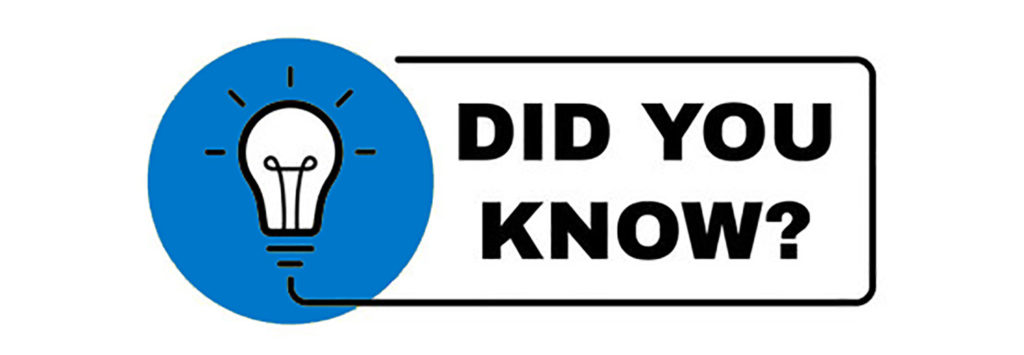6 ways to take care of your mental health during Covid
When the coronavirus disease 2019 (COVID-19) spread across the United States in early 2020, older adults struggled more negative consequences, including more serious complications, higher mortality, concerns about disruptions to their daily routines and access to care, difficulty adapting to new technologies like tele- medicine, and fears that isolation would exacerbate existing mental health conditions. While seniors had lower stress reactivity and, in general, greater emotional control and well-being than younger adults, there was fear about a mental health crisis among the elderly due to the breadth and severity of the epidemic. This was a problem for elderly people at home and in residential care institutions, when communication with friends, relatives, and caregivers were limited. Here are waysyou can take care of your mental health during the seemingly never-ending pandemic:

1.Avoid chemicals that are hazardous to your health.
To cope with your emotions, don’t use harmful substances like narcotics, alcohol, or cigarettes. Though they may seem to make you feel better at the moment, they can actually make you feel worse over time. These drugs are also damaging, making you highly vulnerable to sickness or injury to you and those around you.

2. Listen to credible news and information sources.
Anxiety can be triggered by hearsay, fake news, and conspiracy theories. You might feel more in control if you have access to reliable information from reputable news sources such as media outlets or from your government.

3. Plan your finances well.
Managing your finances can also be a cause of stress during these times. Talk to your family about any major financial adjustments that may be required, especially if one of your relatives has lost their job. It is important that they are involved in conversations regarding your finances. Start spending less on unnecessary things and plan for irregular income. Determine how you will handle your income if it has changed throughout this time. You could also be receiving some additional benefits, such as a stimulus check, a tax return, emergency relief, or a housing and/or eating credit.

4. Exercise
Taking care of your physical health contributes in the maintenance of your mental health and overall well-being. Jogging, strolling, Zumba, Sports, or any physical activities are all good ways to stay active for at least 30 minutes each day. Consuming a well-balanced and nutritious diet also helps.

5. Talk to your loved ones.
Talking to someone you can trust, a friend, a family member, or a coworker –might be beneficial. If you can honestly communicate what you’re going through with someone who cares about you, it could help make you feel better. If you are currently residing in a region where face-to-face interactions are constrained, a video call through messaging apps can help you stay in touch with your loved ones.

6. Talk to a professional
If you are feel as if you are unable to manage the stress you are experiencing, contact your local mental health hotline or your therapist or doctor. Never hesitate to seek professional help especially when you notice behavioral changes that you feel are no longer normal.

1. More than 43 million Americans struggle with mental illness.
2. More than one-fourth of persons with major mental problems also suffers from chemical dependency.
3. Members of the LGBTQ+ community are nearly three times more likely to suffer from mental illnesses such severe dep-ression or generalized anxiety disorder.
4. People of any age, color, religion, or socioeconomic status can be affected by mental diseases. A mental illness is a physical disorder that affects a person’s capacity to think, feel, and communicate with others, as well as their everyday functioning.
5. In their lives, one out of every five young individuals (ages 13 to 18) has or will acquire a menta disorder.
6. Depression is the most common cause of disability in the
globe.
7. Life events (such as trauma or a history of abuse),
biological variables, and a family history or mental illness all play a role in
the development of a mental health disorder.
8. The majority of Americans do not have access to
sufficient mental health care. In the previous year, 56 percent of American
individuals with mental illnesses did not obtain treatment.
9. Extreme mood swings, changes in eating patterns,
excessive anxiety or dread, trouble focusing, and avoiding friends or social
activities are all common symptoms of mental health disorders.
10. Half of all mental diseases begin before a person
reaches the age of 14, and 3/4 of mental illnesses begin before the age of 24.
